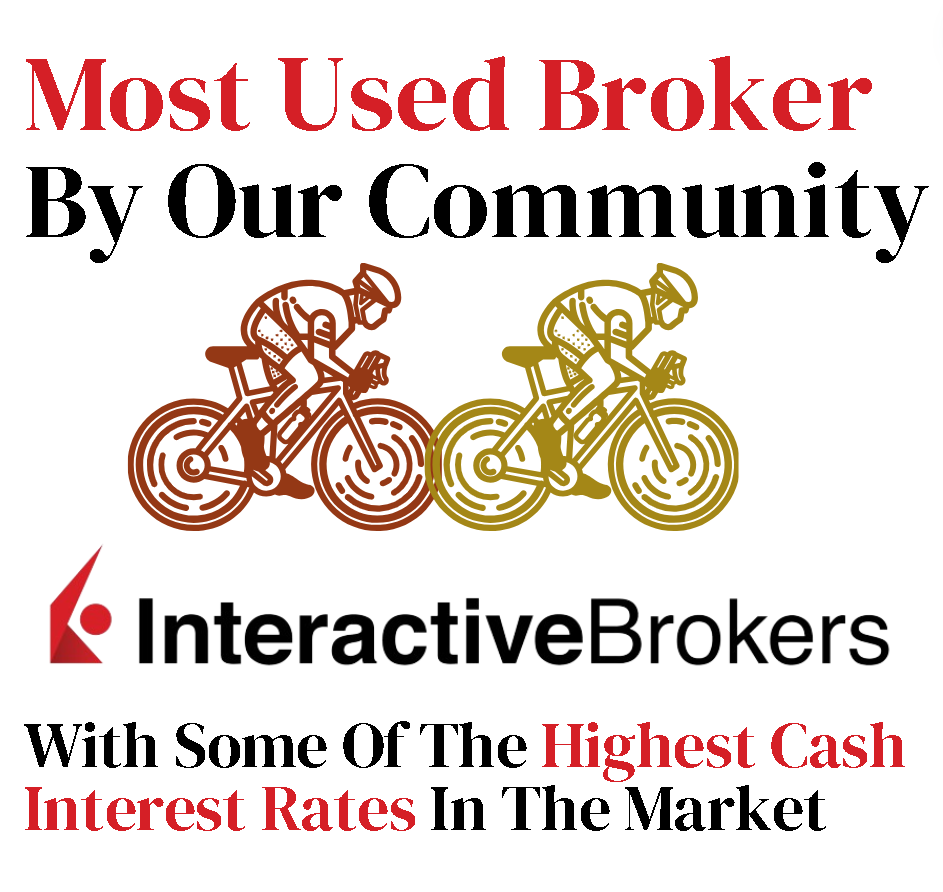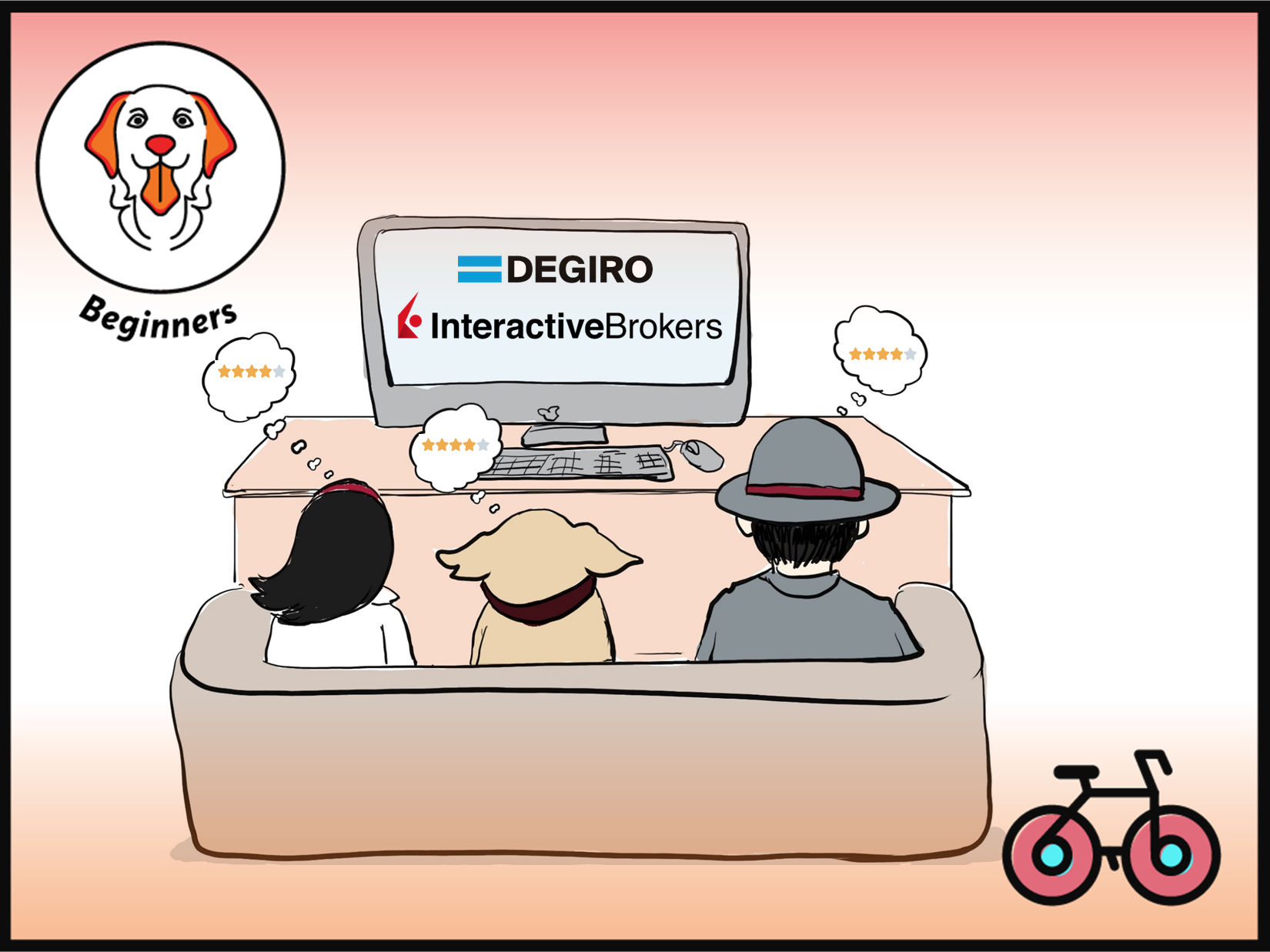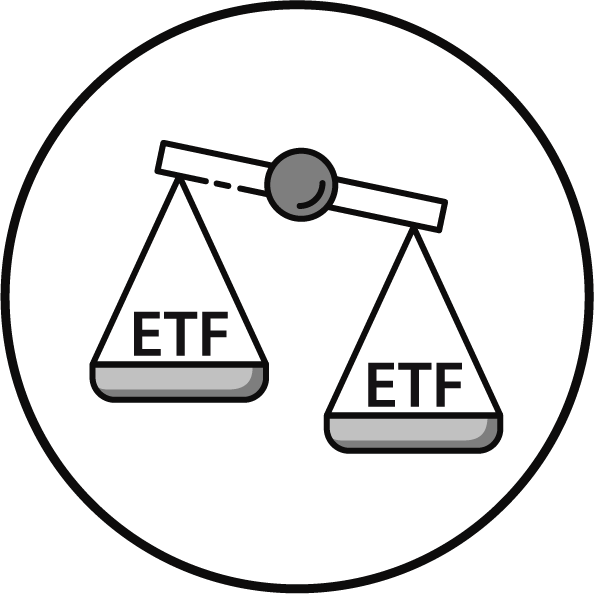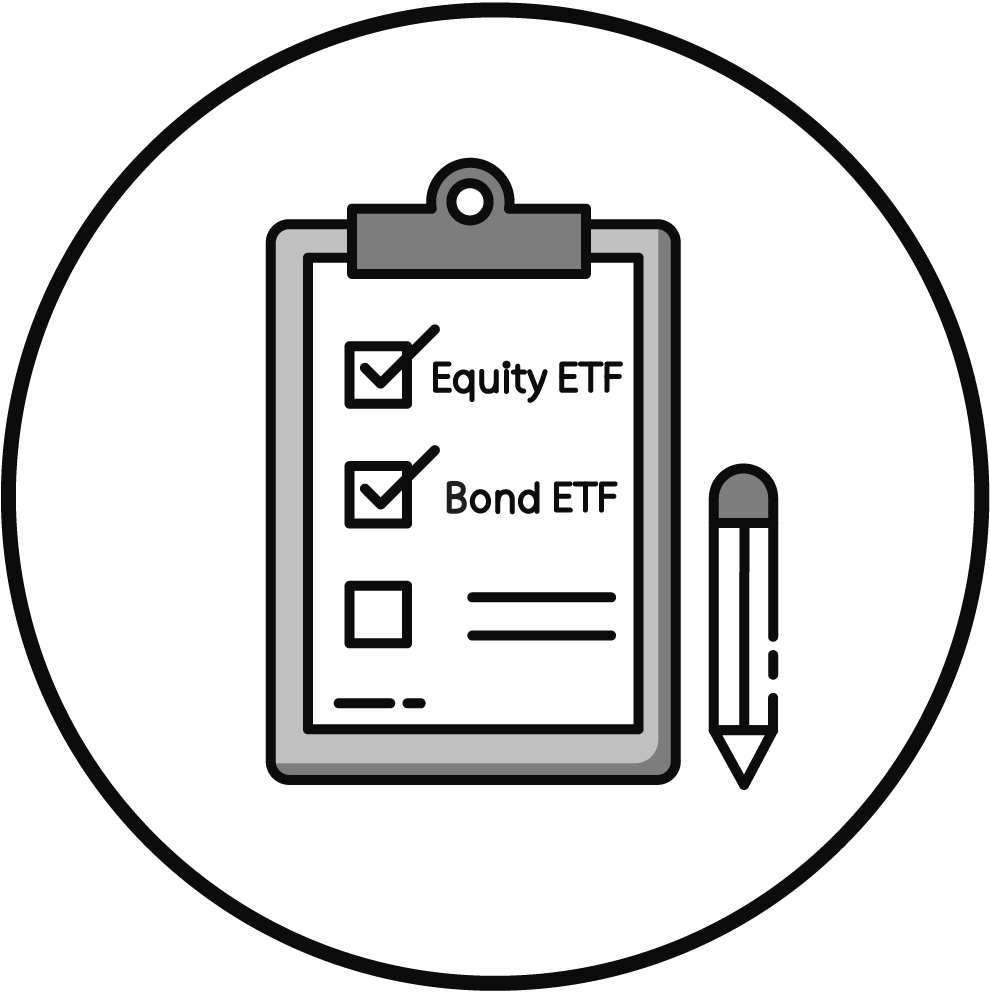What Is The Bogle Effect? (Book Review)
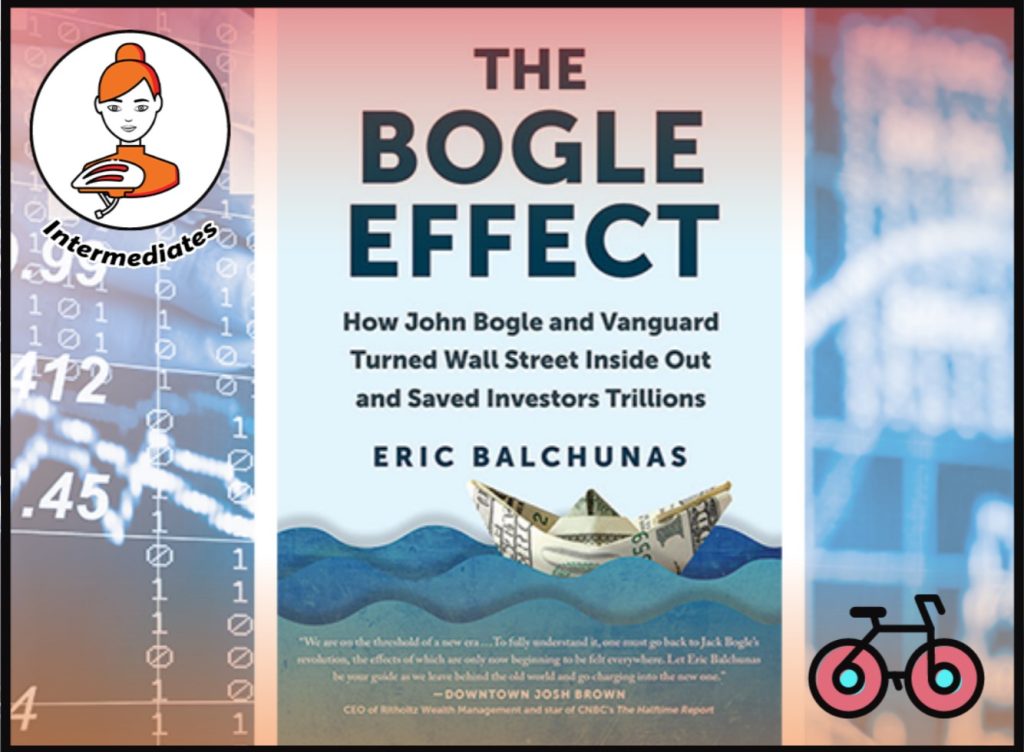
The Bogle Effect, How John Bogle and Vanguard Turned Wall Street Inside Out and Saved Investors Trillions by Eric Balchunas is one of the latest books exploring the legacy of John Bogle, founder of Vanguard, and his impact on the mutual fund industry.
Today, we will look at who you may think Bogle was but wasn’t, and what will forever remain the Bogle effect.
KEY TAKEAWAYS
- There are a lot of misconceptions about Bogle, especially amongst his fans and the Bogleheads community.
- Eric’s book is not a biography of John Bogle in the conventional sense nor is it an introduction to his claim to fame, that is, index investing. But if the latter is what you’re looking for, we have reviewed plenty of books that cover this topic.
- The book may be characterized as an attempt to chart Bogle’s impact on the history of the mutual fund industry. Bogle was the Steve Jobs of Finance. He didn’t invent Index Funds, not ETFs. But he popularised them and made investing cheap.
Here is the full analysis
I'm afraid that the new jazzed-up iterations of the simple index fund that I spawned all those years ago are helping to lead the way. No wonder I wake some mornings feeling like Dr Frankenstein. What have I created?
John Bogle
WHO BOGLE WASN'T - the misconceptions
Bogle wasn't The inventor of index funds
Steve Jobs didn’t invent computers. Neither did Bogle invent indexing. In that sense, Bogle was the Steve Jobs of Finance.
The practical implementation of Indexing dates back to the 1970s and was the fruit of John McQuown and the many Nobel laureates at Wells Fargo.
Bogle’s recollection was that the idea of an Index Fund first came to him in 1951 when he was writing his thesis at Princeton. However, there was no effort on his part to put this idea into practice in the years before he launched Vanguard in 1974.
According to Eric, Indexing needed Vanguard to get it adopted by the industry more than Vanguard needed Index Funds, which as we will see isn’t a passive shop.
Bogle wasn't an inventor, nor even a fan, of ETFs
Bogle wasn't a passive investor
For most of his career, Bogle was an investor activist.
He initially ran Wellington’s balanced fund. Eric writes, that had a crisis not emerged at Wellington, he would probably have stayed there.
Perhaps the relationship with his old employer that tied his hands with respect to launching active funds made Bogle pivot to passive.
But even later on, at Vanguard, Bogle launched a number of active funds.
Today, Vanguard is the third biggest active manager.
In fact, it’s the idea that one could break components of the broader market and package them into Smart Beta products like Value or Growth funds or sector-specific fund offerings that helped Vanguard gain popularity.
Bogle wasn't a proponent of Efficient Markets
Bogle shouldn’t be attached to the Efficient Market Hypothesis, while that’s usually what Bogleheads and other communities use as the main argument to support his ideas.
Bogle realized that the Efficient Market Hypothesis doesn’t pass the sniff test for most people.
However, what does is Bogle’s ‘Cost Matters Hypothesis’.
Bogle wasn't a supporter of vanguard's ideas
“The old guy didn’t shut up”. In later life, Bogle pivoted to being a purist and expressed disdain for Vanguard’s ETFs or Smart Beta products, which were initially launched with other objectives in mind.
It was something of a dysfunctional family.
“Bogle’s war of words with Vanguard and the gaps that developed between them are worth exploring in an effort to better understand the man, as well as where Vanguard may be headed in the post-Bogle era”, writes Eric.
No one wanted to play squash with him. He'd bring the defibrillator onto the court. Could you imagine playing and he passes out and you have to shock him back?
Ted Aronson
Bogle was A miscast of Wall Street
“It almost seems like he was a miscast in time and place like he would have been better suited as a preacher, a military leader, or a doctor in an earlier century but fate and circumstance intervened”, argues Eric.
Unlike most of Wall Street, Bogle wasn’t driven by money. It’s perhaps his fragile health that helped him to seek purpose in life.
bogle was willing to do the tedious work
Bogle demonstrated admirable qualities of tenaciousness starting with the fact that Vanguard remained a dull back-office operation for the first few years of its existence.
It took Vanguard 25 years to crawl to a 10% market share.
This landmark could have arrived earlier but Bogle stuck to his approach. For him, mass marketing and distribution through brokers was not the way he wanted to go.
bogle was A fighter
These fighting qualities are also evident in his fights with the Wellington management that helped him founding Vanguard.
Despite heart issues that started early on in his life and necessitated a full transplant at age 65, he fought on and remained active well into his 80s.
bogle was defending one core idea
Low fees were truly the revolutionary idea he spread.
This is remarkable in the sense that Bogle was no academic who put forward a theorem.
Bogle went out there and created a colossus with 30% of industry assets under management but with just 5% of the industry’s fee share.
Bogle was a CEO willing the Sacrifice his own firm
The book offers a deep insight into Bogle’s personality and reveals a man with many strengths.
Sacrificing his own wealth was the first step.
To Bogle, democratizing investing was the mission. The money? A complete sideshow.
Having mutual funds investors as owners means that Vanguard was passing on a larger share of the profits to its investors. Only a man with a vision could have embarked on a model like this.
The average investment manager is too rational to even consider sharing equity.
But the vision was much larger.
The world at large has replicated his offerings of low-cost index funds.
In his 1991 speech, Bogle said: “And if our competitors will finally compete on lower price and higher value, rather than on higher spending on dubious marketing, they will make the mutual fund world even more competitive. Indeed, as I told the Harvard Business School class, the first sign that Vanguard’s mission has created a better world for the investor will be when our market share begins to erode.
From Bankeronwheels.com
Get Wise The Most Relevant Independent Weekly Insights For Individual Investors In Europe & the UK
Liked the quality of our guides? There is more. Every week we release new guides, tools and compile the best insights from all corners of the web related to investing, early retirement & lifestyle along with exclusive articles, and way more. Probably the best newsletter for Individual Investors in Europe and the UK. Try it. Feel free to unsubscribe at any time.
🎁 In the first email, you can download a FREE comprehensive 2-page checklist to construct & monitor your portfolio and clean up your personal finances.
THE BOGLE EFFECT
Fees are at the core of the Bogle Effect.
But what is also admirable, is Bogle’s theory about the power of inaction.
Starting out, you can almost imagine Bogle being cornered. Who would like to buy ‘average’ when your competitors promise ‘superior’.
To be able to change the mindset of millions of investors that they need to ignore the itch of trading is a real challenge, that we here, at Bankeronwheels.com are also pursuing.
Remaining Passive In A Passive Investment Vehicle Was Bogle’s Holy Grail.
No doubt that, amongst all the success that he achieved as a business leader, it was this battle for the heart and the mind of the average investor, which elevated him to the transformational icon that he is.
Good Luck and Keep’em* Rolling!
(* Wheels & Dividends)

Weekend Reading – JP Morgan Guide To Retirement

Surviving The Next Bear – Strategies To Profit From The Next Market Crash

Weekend Reading – Asset Class Returns since 1970 & Trend Following Strategies

Cracking the Code: Decoding ETF Names & Discovering Tools To Find Them
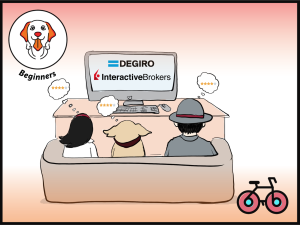
Broker Review Methodology

iWeb Share Dealing Review – Great For Inactive Investors
HELP US
🙋 Wondering why finding honest Investing Guidance is so difficult? That’s because running an independent website like ours is very hard work. If You Found Value In Our Content And Wish To Support Our Mission To Help Others, Consider:
- 📞 setting up a coaching session
- ☕ Treating us to a coffee
- 🎁 Taking advantage of our affiliate links when setting up a broker account. This doesn’t increase your costs, and we often secure exclusive bonuses for our audience.
- ❤️ Exploring Other ways to support our growth, both financially and non-financially.
DISCLAIMER
All information found here, including any ideas, opinions, views, predictions expressed or implied herein, are for informational, entertainment or educational purposes only and do not constitute financial advice. Consider the appropriateness of the information having regard to your objectives, financial situation and needs, and seek professional advice where appropriate. Read our full terms and conditions.


